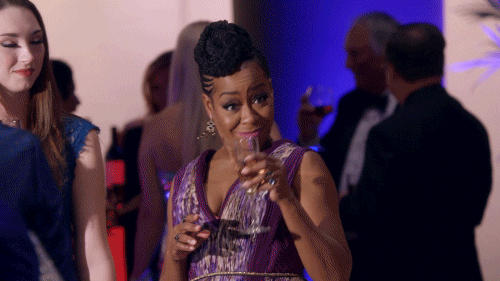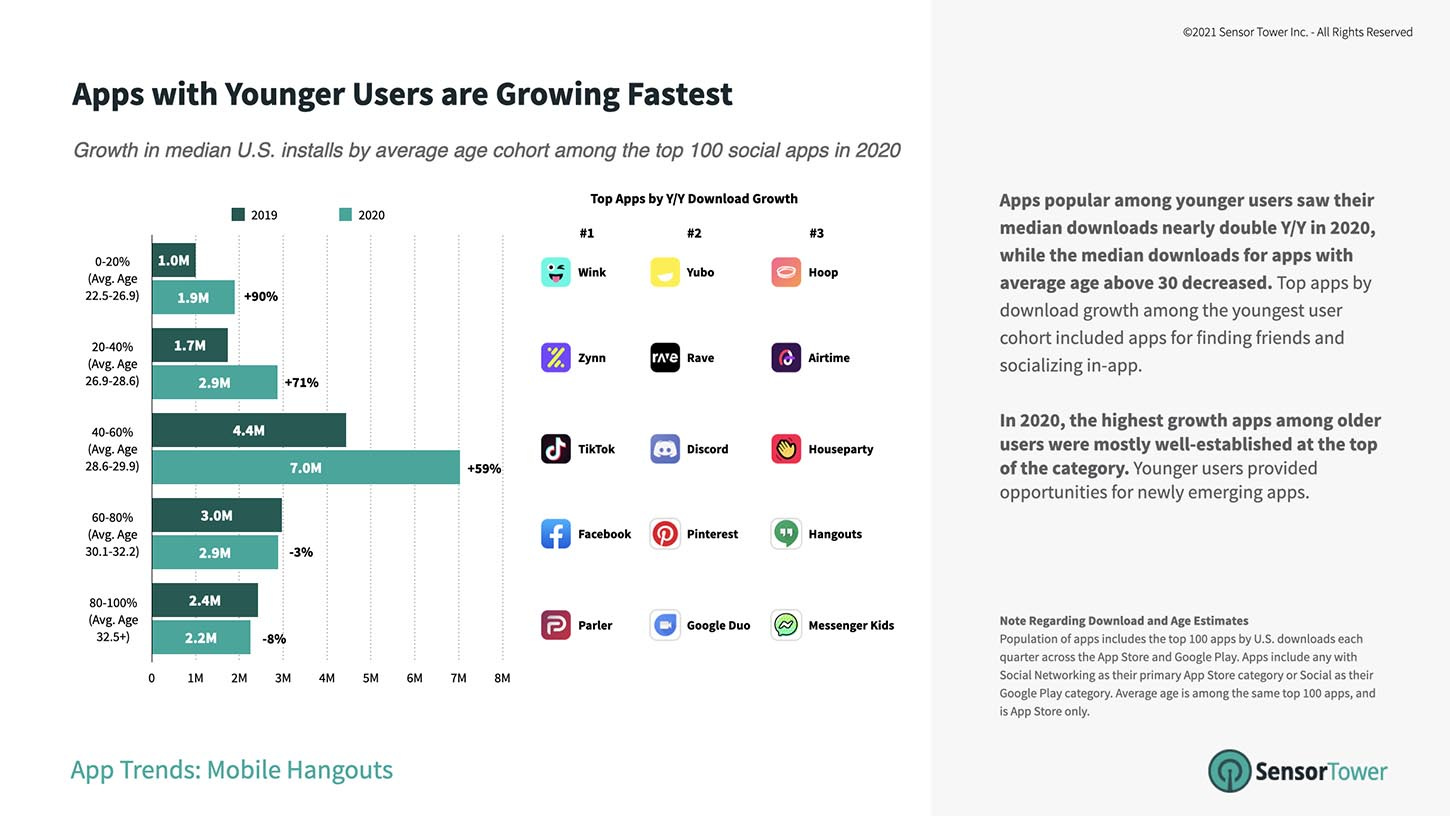Just when you thought you had everything under control

Welcome, new and returning subscribers! 👋 And in case you haven't heard, newsletters are 🔥 right now. Twitter just acquired a newsletter platform called Revue, and Facebook is also reportedly planning to launch its own set of newsletter tools by the summer. Stay tuned...
Here are today's top stories:
What 'Gamestonk' can teach us about social media
Facebook and Twitter try to provide more oversight
WYNTK about the 😂 emoji
And if you want to watch Ryan Reynolds every week...
Read on ⬇️

Lessons Learned
If you were on social media at all last week, or you read the news, or you watched SNL (so, if you did anything at all), you likely heard about a financial brouhaha involving retail investors — mainly driven through a subreddit called WallStreetBets — betting against major hedge funds and driving up the stock price of video game retailer GameStop (and others, such as AMC Entertainment and Blackberry). At the middle of this is fintech app Robinhood. I'm not going to get into all of the details (The New York Times has a great backgrounder if you're interested) but this story does have some important lessons for anyone managing social media. Let's take a look.
You have no control
The app at the centre of the controversy is Silicon Valley start-up Robinhood. It claims to be "democratizing finance for all" and is aimed at the amateur investor. But when GameStop trading activity became too intense recently, Robinhood shut down the ability for users to buy more stock (they could only sell or hold). They said it was for financial reasons, but many called out the company for doing the bidding of Wall Street folks. Ultimately, trying to take control put them into "damage control" mode. Here are some lessons learned:
Lesson 1. You can't control the message. You can only apologize, be genuine and transparent, and focus on how you're going to make things right.
Lesson 2. Whether it's an app, a platform, or a social media post, you never know exactly how people will react or how they will use it. The same is true of hashtags or images. It really is power of the people (or power to the people, in this case).
Social media did what it does One of the main strengths of social media is its ability to widely disseminate information. It's also pretty good at mobilizing people to take action. In this case it did both, with many joining the subreddit to learn about the trades. After Robinhood froze trading for retail investors, many mobilized in anger against the Robinhood app during the trading freeze. It also caused the issue to spread to other channels. Elon Musk jumped into the fray with his "Gamestonk" tweets. Meanwhile, Jon Stewart joined Twitter last week for the sole purpose of commenting on the GameStop controversy (and like Musk, is also behind the Redditors). Regardless of whose side you are on, this situation highlights the strengths of social — spread and mobilization. Disruption is here Some of the Reddit investors actively targeted hedge funds that were shorting GameStop stock (betting that the stock price will fall), in an effort to make Wall Street lose money on the stock — and some of it was payback for the 2008 market meltdown. And these investors aren't going to stop. Ultimately, they say the old institutions and systems aren't working for the masses. "No one's going to forget tomorrow. No one's going to wake up in a week and say, well let's go back to the way it was. The collective public cannot unsee this," Reddit founder Alex Ohanian told U.S. Rep Alexandria Ocasio-Cortez in a Twitch stream. So, expect more disruption, and expect that people will use social media to help.

Managing social media is hard enough — staying up-to-date shouldn't be. Level up your social media knowledge in minutes a week. Sign up for our newsletter today!
ICYMI
More power to the people
Battling misinformation and bad behaviour on social media has become a key issue for companies like Facebook and Twitter. Both are tackling this in their own unique way.
Facebook's new Oversight Board (think: Supreme Court), just released the verdicts in its first five cases — upholding one and overturning four of Facebook's decisions to delete posts. The Oversight Board is an independent panel made up of journalists, as well as experts in technology and human rights. It exists to rule on appeals of content decisions by Facebook or Instagram. One of the decisions it's currently considering is whether Facebook was right to indefinitely ban former U.S. President Donald Trump from FB and Instagram. You can submit your feedback on this case until Feb. 5.
Twitter is also working to battle misinformation — but it's using its own community to help, along with a new tool called Birdwatch. "Birdwatch allows people to identify information in Tweets they believe is misleading and write notes that provide informative context," Twitter said in a blog post. It is a pilot project, and currently only available to users in the U.S., but if you want to stay up to date, you can always follow the @Birdwatch Twitter account.
You can't stop me from using this emoji 😂
The meaning of social media hashtags, gifs, memes and emojis change all the time (just think about the Pepe the Frog meme that is now the domain of white supremacists). And as social media managers, it's important to stay on top of these meanings to avoid trouble later on (Tip: always do a quick search before using a new hashtag, emoji, etc). This article from Emojipedia about the meaning of emojis on TikTok might help. It's a fairly lengthy article, but one thing I want to highlight: If your audience is young-ish, you might want to avoid the use of the laughing emoji: 😂. According to the article, that emoji is only used by boomers (or those over 35, lol) Instead, use the skull emoji (aka, I'm dying of laughter). 💀. I guess that's better than ☠️. And if you're following the GameStop situation, this article on trading lingo and emoji definitions may come in handy.
NEWS-LIKE
🔴 What We Learned From Apple's New Privacy Labels [NY Times]
🔴 NBCUniversal Is Bringing Its Live Events to Twitter Users Globally [CNBC]
🔴 Apple CEO Criticizes Social Media For 'Algorithm-Driven' Misinformation [Entrepreneur]
🔴 TikTok is Laying Off Employees in India as Ban Becomes Permanent [CNN]
SOCIAL-LIKE
Friends and social interaction — that's what people in their 20s are looking for, and many are using emerging apps to find it. A recent trends report by mobile app analytics firm SensorTower says younger users (aged 22-27) downloaded twice as many social apps in 2020 than in 2019, and the majority of those apps are not on the radar of older folks (and by older, I mean 30 and above).

CONTENT-LIKE
Ryan Knows Marketing
Snapchat (and TikTok) are definitely providing some much-needed entertainment during the pandemic. So it just makes sense that they would follow the likes of Netflix and Amazon Prime by introducing more and more original content. Enter the Snap Original Series: Ryan Doesn't Know, featuring actor Ryan Reynolds (watch the trailer). In the 12-episode weekly series — which premiered on Jan. 30 — Reynolds learns new skills. In the first episode, he is taught how to sculpt a block of ice. One thing he doesn't need to learn: marketing. Between the Match.com ads, the Mint ad with Rick Moranis, and his vodka ad, Reynolds and his marketing company are killing it on social.

Hey, congrats — you made it to the bottom of the e-newsletter!
If you really liked it, why not forward it to a friend. 💌


